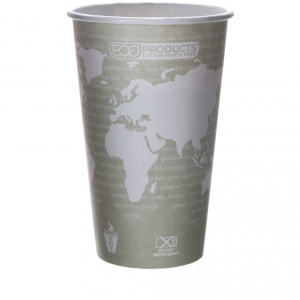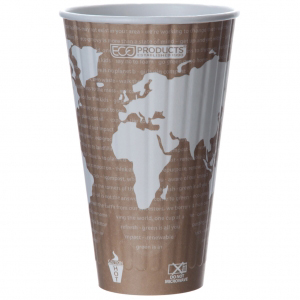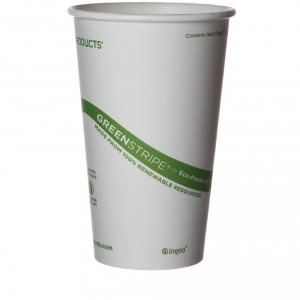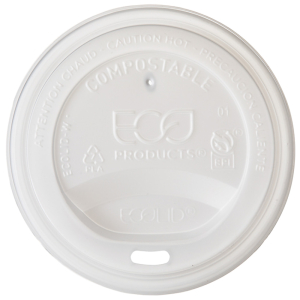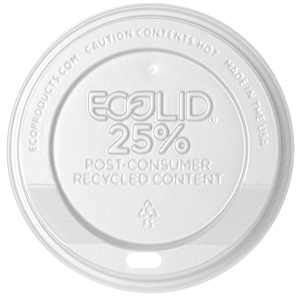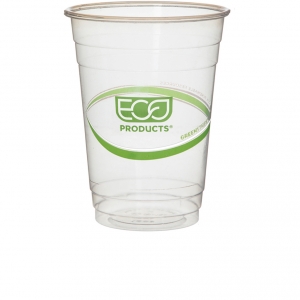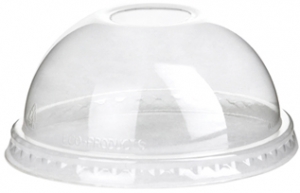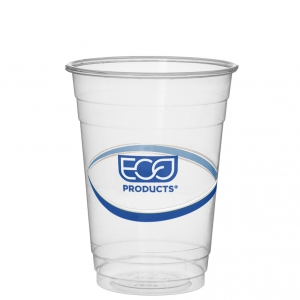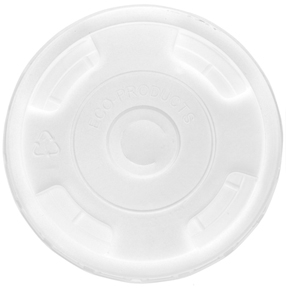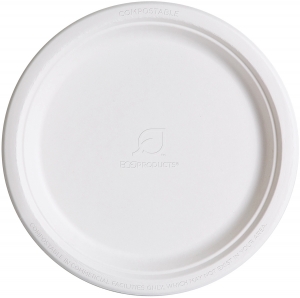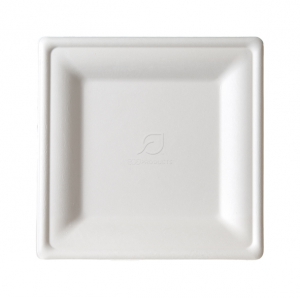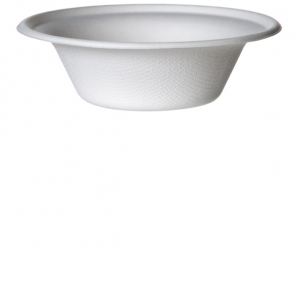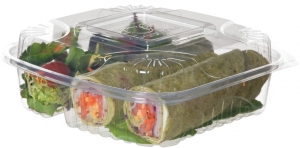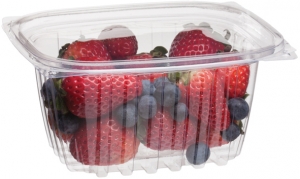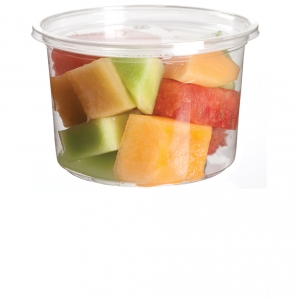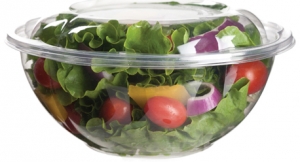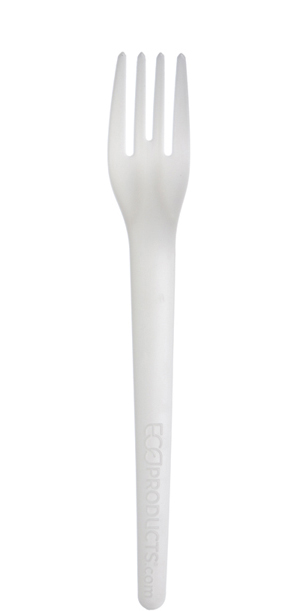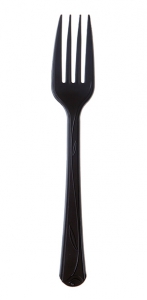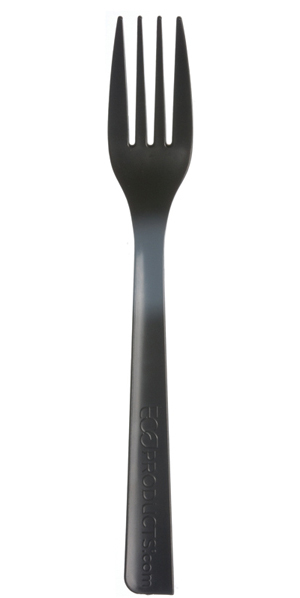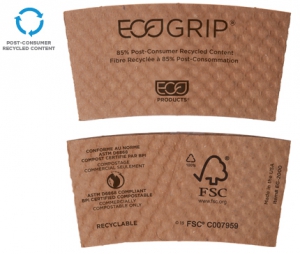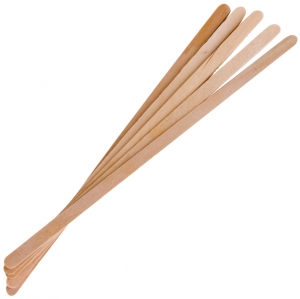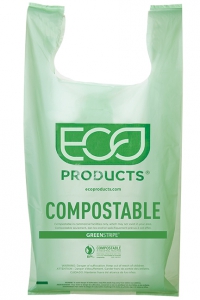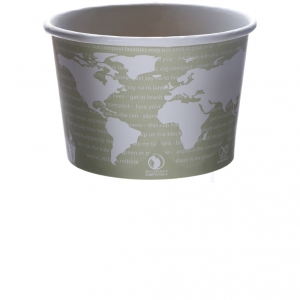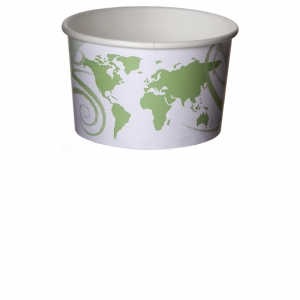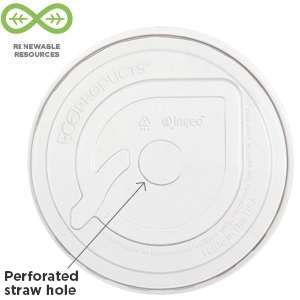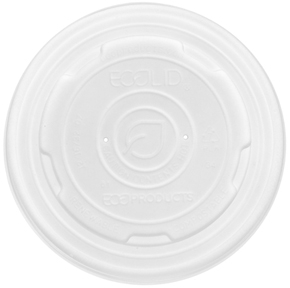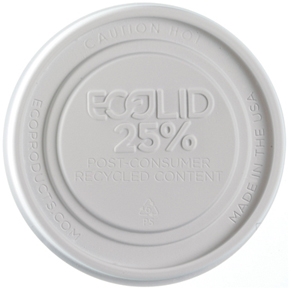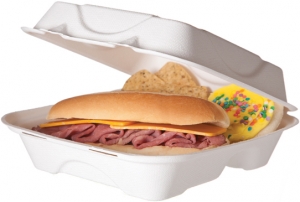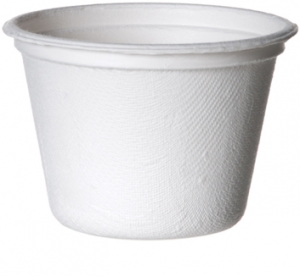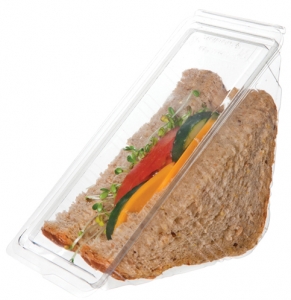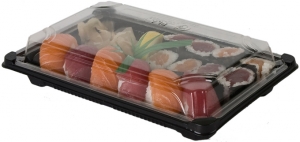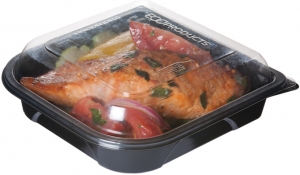|
|
|
|
|
|
|
|
|
|
|
|
|
|
|
|
|
|
|
|
|
|
Foam Bans
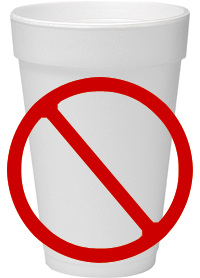
Worldwide there are more and more environmental organizations, cities, towns, and even countries have banned the use of polystyrene in different products. Many of these places require compostable or recyclable single-use food packaging, like many Eco-Products® items.
The city of Berkeley, California, was one of the first cities in the world to ban polystyrene food packaging (also known by its trademark name Styrofoam™). Today, dozens of US cities have banned polystyrene packaging and the list is growing and growing.
Why? Well, polystyrene foam products rely on finite petroleum and oil byproducts for production. That's right, oil. The most valuable, non-renewable resource on Earth is needed to make foam products that you use just once, then trash.
From our perspective, virgin polystyrene is simply not sustainable. It comes with so many health, environmental, and social challenges that we don't make products with virgin polystyrene. But we like to push the boundaries a little. Because (unfortunately) polystyrene is not going away anytime soon, we want to work towards repurposing polystyrene and show the world that recycled polystyrene is a great option and the best path towards more sustainable materials. And perhaps one day, it will be the only option.
Today, polystyrene comes in many forms, but usually can be identified by resin code #6. You can find it in shipping materials like packaging peanuts and protective packaging, egg cartons, coolers, cups, plates, takeout containers, yogurt cups, food clamshells, CD and DVD cases, and even film.
Intact or broken down bits of foam polystyrene are one of the most commonly found plastic items that you can find along creeks, lakes, rivers, beaches and floating in the garbage patches in our world's oceans. It doesn't matter if you live in the middle of the country or beachfront, polystyrene can be found somewhere in your environment.

